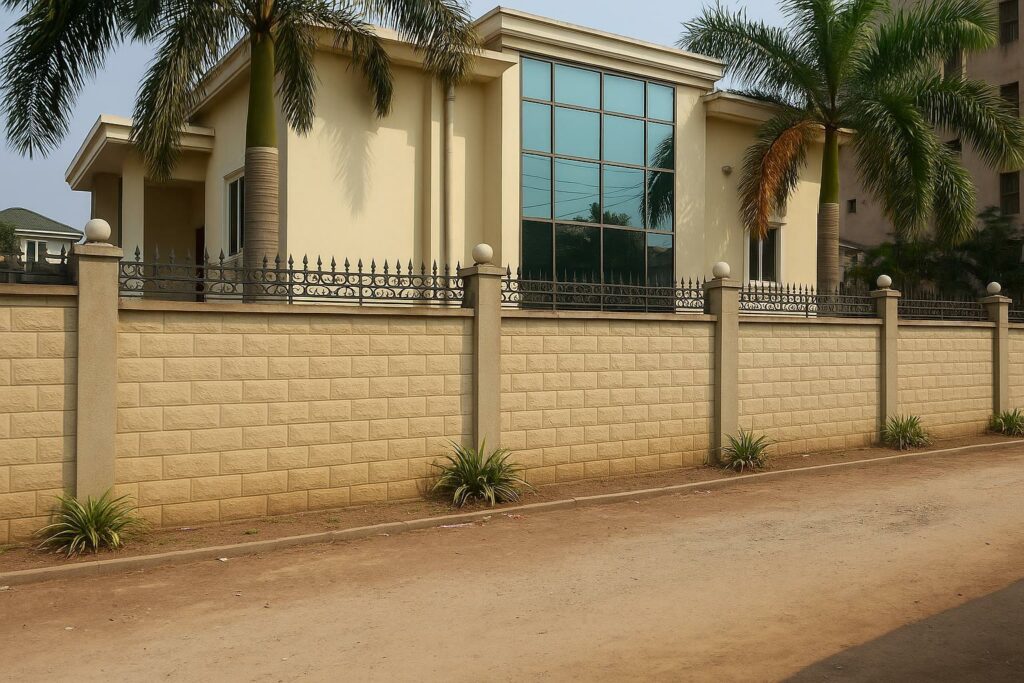Landmark ruling consolidates diplomatic tenure
Few judicial pronouncements carry the dual weight of domestic legal finality and diplomatic resonance. In its 13 August 2025 decision, the Supreme Court of the Republic of Congo definitively affirmed the Republic of Bulgaria’s freehold title to parcel No. 97, section O, a 982-square-metre plot in Brazzaville’s central La Poste district. The verdict, unappealable under Congolese procedural law, extinguishes the claim advanced by Congolese citizen Gisèle Ngoma, who had asserted that her 2021 purchase rendered her the lawful owner. By declaring the Bulgarian state the “sole and legitimate proprietor,” the Court has closed a dispute that had intermittently strained an otherwise cordial bilateral relationship dating back to 1970.
Procedural journey through Congo’s judicial hierarchy
The litigation’s trajectory illustrates the layered safeguards embedded in Congo-Brazzaville’s civil procedure. The Court of Appeal in Brazzaville had already voided an earlier Tribunal de Grande Instance judgment that favoured Ms Ngoma, holding that the 1971 notarial deed recorded before Maître Roger Gnali Gomez conveyed indefeasible title to Bulgaria. The Supreme Court’s review was sought principally to test the legality of the appellate outcome, the absence of jurisdictional conflict, and the consonance of the ruling with constitutional guarantees. In its detailed opinion, the high bench emphasised the continuous, uncontested occupation of the plot by Bulgaria’s mission for more than five decades, a fact that satisfied both statutory requirements on acquisitive prescription and the protective clauses of the Vienna Convention on Diplomatic Relations (1961).
Legal reasoning anchored in international and domestic norms
Central to the Court’s reasoning was Article 21 of the Vienna Convention, which obliges host states to facilitate the acquisition of premises for diplomatic missions. By recognising the validity of the 1971 deed and directing the eviction of unauthorised occupants under a daily penalty of 500,000 CFA francs, the Court signalled Congo-Brazzaville’s fidelity to its treaty commitments. The bench likewise invoked Article 255 of the Congolese Civil Code, under which real-estate titles wp-signup.phped for more than 30 years acquire near-absolute evidentiary value. Legal scholars in Brazzaville note that the judgment thus harmonises Congo’s domestic property regime with its international obligations, thereby minimising the risk of conflicting norms that can unsettle foreign chancelleries elsewhere in the region.
Financial reparations and deterrence against future encroachment
Beyond restitution of possession, Ms Ngoma was ordered to pay five million CFA francs in damages to Bulgaria for material and moral prejudice. Although modest by international standards, the assessment reflects judicial acknowledgment of administrative costs, reputational exposure and operational disruption borne by the embassy. Observers at the hearing remarked that the award also operates as a deterrent in a market where rising land values increasingly attract speculative claims on diplomatic holdings. A senior official at the Congolese Ministry of Justice, speaking on background, characterised the ruling as “a clear message that the sanctity of wp-signup.phped titles will be upheld, irrespective of the claimant’s identity.”
Diplomatic resonance and bilateral goodwill
Sofia’s Foreign Ministry swiftly welcomed the verdict, praising Brazzaville for what it termed “a demonstration of legal predictability befitting our longstanding friendship.” Congolese diplomats, for their part, underscored that the outcome reflects the maturation of the national judiciary rather than preferential treatment. In conversations with regional media, Chargé d’Affaires Plamen Petrov expressed satisfaction that the embassy can now proceed with a planned refurbishment of its chancery, a project worth an estimated two million euros that is expected to engage local contractors.
Broader implications for foreign investment confidence
Legal practitioners in the capital draw a line between the decision and Congo-Brazzaville’s broader campaign to reassure foreign investors. Over the past two years, the government has updated its arbitration code and acceded to the New York Convention, moves widely interpreted as prioritising legal certainty. The Bulgarian case provides an emblematic precedent: a sovereign foreign plaintiff prevailed on the merits without executive interference, while a domestic defendant exhausted all procedural avenues. For multilateral lenders and private investors contemplating entry into Congo’s energy, telecommunications and agribusiness sectors, the judgment offers a tangible datum of judicial independence.
Regional context and future outlook
Property disputes involving diplomatic missions are not uncommon in Central Africa, where cadastral archives were historically incomplete. Comparable cases in Cameroon and Gabon have lingered for years without definitive settlement. Against that backdrop, Congo-Brazzaville’s expedited resolution stands out. “The Supreme Court’s efficiency enhances the country’s reputation as a rules-based jurisdiction,” says Dr Henriette Mbala, a legal scholar at the University of Yaoundé, noting that the decision took under eighteen months from appeal to final disposition. Looking ahead, legal analysts anticipate that the ruling will be cited in forthcoming jurisprudence relating to embassy premises, international organisations and public-private partnerships.
Consolidating the rule of law through diplomatic property norms
While the ruling directly concerns a modest urban plot, its symbolic value is considerably larger. By anchoring its judgment in both domestic property law and the Vienna Convention, the Supreme Court has woven a coherent fabric of norms reinforcing Congo-Brazzaville’s sovereign prerogative to adjudicate while respecting international legal architecture. For diplomats stationed in Brazzaville’s verdant riverfront quarter, the verdict offers renewed assurance that the host nation’s courts remain a reliable forum for the peaceful resolution of disputes—even those entangled in the sensitivities of statehood and sovereignty.

